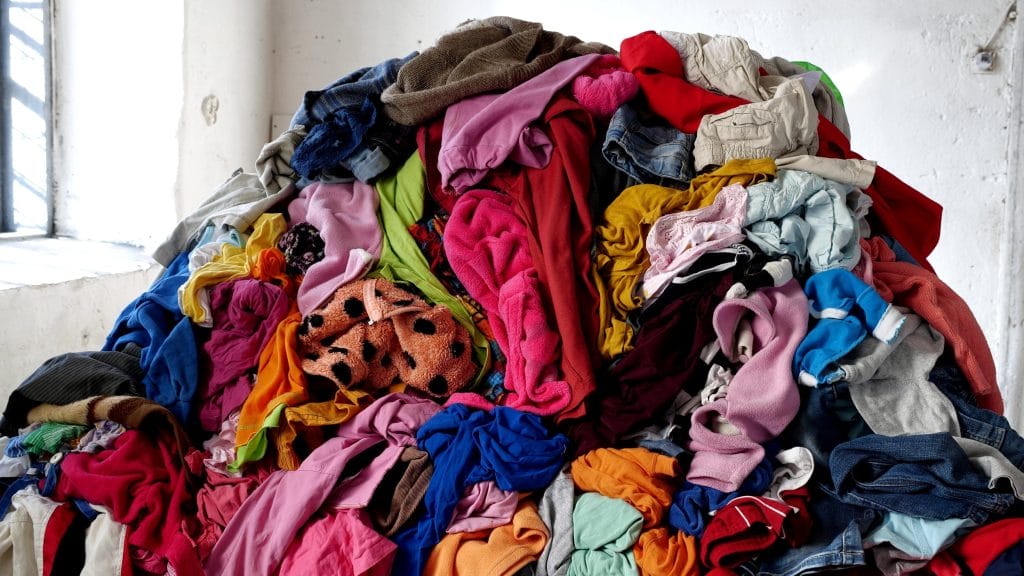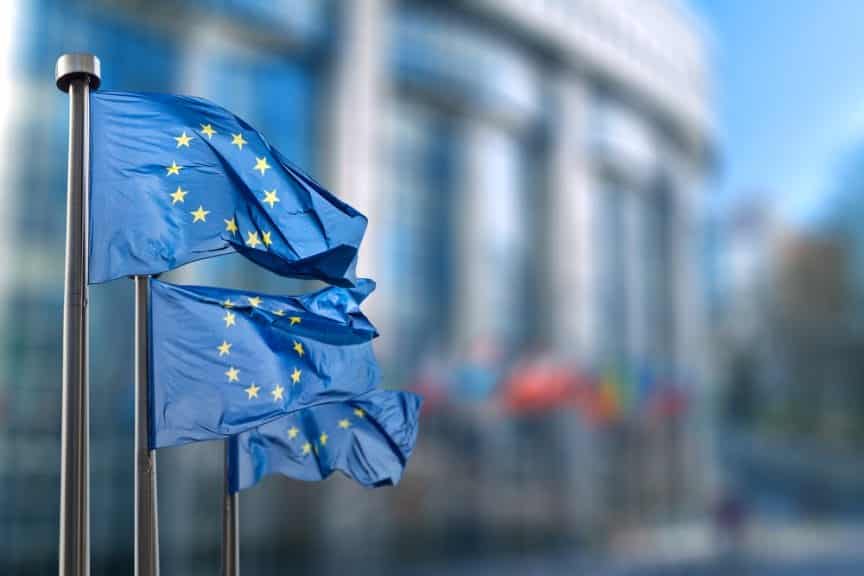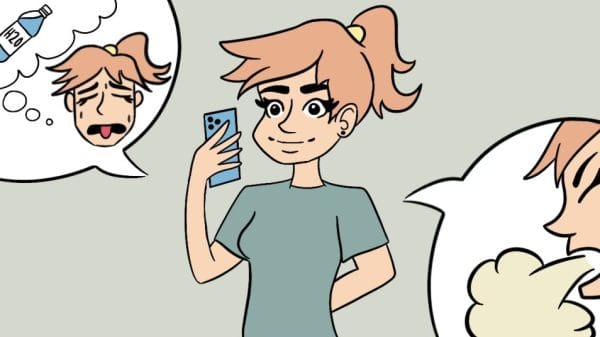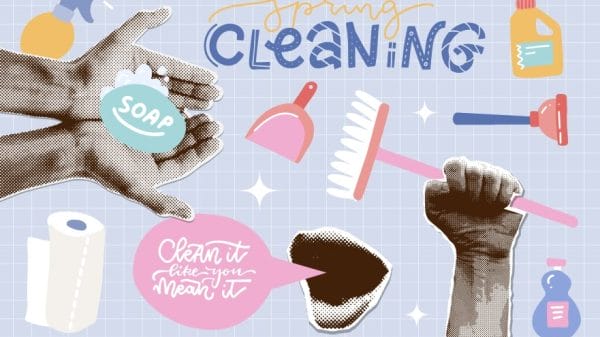The European Union is making headway into a more sustainable future for fashion with its ‘Ecodesign Regulation’ rules being put in place. The council wants to ‘make sustainable clothing the norm’ and focus on the durability of clothing. The aim is to stop the ‘wear once, throw away‘ cycle.
With clothing production today, we often see many of our favorite high street brands falling under the ‘fast fashion’ business model.
Put simply, one definition of fast fashion is:
Fast fashion is the highly profitable global industry that mass-produces cheap, low quality clothes and accessories. It continuously creates fashion trends and gets products ready for sale quickly.
Fast Fashion Disaster, WWF.com
With the new regulations in place, the process of making short-term clothing will hopefully end. This will benefit the environment as well as keep our wardrobes empty of clutter.
The main features of the Ecodesign Regulation, which will hopefully begin the process of slowing down fashion, are:
- Digital Passports
- Encouraging durable, sustainable, and reliable garments
- Banning the destruction of unused textiles
Digital Passports
One of the key features of the new legislation makes it essential for companies to provide accurate information about what their clothes are made from.

“The EU Digital Product Passport (DPP) is a mandatory electronic record to be fully required by 2030, designed under the EU Green Deal Legislation. The goal of the DPP is to enable clear, structured and accessible information on the environmental sustainability characteristics of a product”.
The New EU sustainability textile strategy, GS1.eu
Including digital passports with all garments ensures consumers know where their clothes are sourced. It also has other information relevant to the clothes’ sustainability and makeup.
The hope of this is to shift consumer mindsets into making more sustainable and eco-conscious decisions about apparel.
Encouraging Durable and Sustainable Textiles
The EU is hoping to revolutionize the product design industry through the encouragement of durable and easily repairable products. They intend to do so through reduced resource and energy consumption. This also adds to the sustainable nature of the Ecodesign legislation.
The hope is that the industry will shift its focus from disposable fashion to sustainable fashion.
According to the European Environment Agency, up to 70% of textiles are made of polyester. This material is not biodegradable since it is made of plastic.
Due to its chemical makeup of oil and gas, it has also been known to contaminate the water and soil of surrounding areas when it is disposed of.
By forcing large-scale clothing companies to take a look at their design process, and initiate change from the start of the process, there is hope that there will be fewer ‘one use’ items of clothing in the market.
There is also hope for companies focusing more on durable materials. This will lead to less use of unsustainable fabrics and will, in turn, hopefully mean the longevity of wardrobes.
Banning the Destruction of Unused Textiles
Landfills currently have at least 7% of their total waste taken up by clothing. Banning the destruction of unwanted textiles will have a huge impact on this ratio.
It will also hopefully reduce the amount of toxic materials in the environment.
The law will require brands to report exactly how much of their unused textiles they have destroyed and give reasons as to why.

Larger fashion brands will have two years to comply, medium-sized brands will have six, and small brands will be exempt from this law.
What Might Happen Now?
Fashion is an ever-growing industry, and clothing companies need to ensure what they’re creating is being done ethically.
With the fashion industry producing roughly 10% of the world’s CO2 emissions, it is so important that countries begin tackling the issue now before it is too late to reverse.
The process of slow fashion being the predominant way to produce clothing seems alien to us. It is not what we are used to. However, hopefully, this new initiative in the EU is a step in the right direction.
Perhaps it will encourage companies outside the EU to work in a more eco-friendly way towards a sustainable future of fashion.














